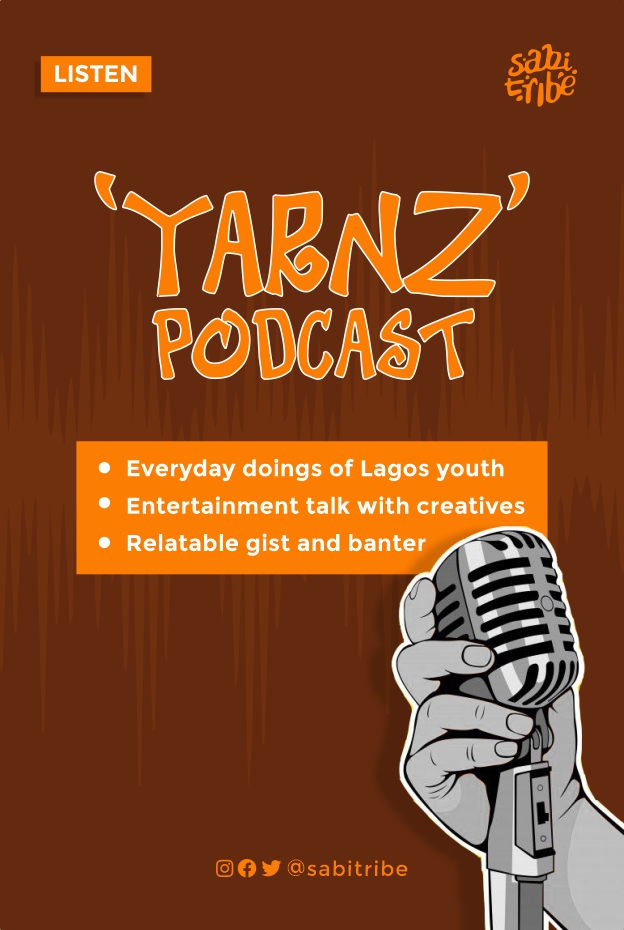‘Tradition is the Preservation of fire’
Culture encompasses the ideas, customs, norms, social behaviour, knowledge, arts, laws and habits of a particular people or society while tradition is the transmission of this culture from generation to generation.
Described as a multinational state, Nigeria is inhabited by over 250 ethnic groups with different cultural backgrounds and practices.
While it has always been a debate civilization has done more harm than good, we bring you a list of some Nigerian cultural practices which–thanks to civilization–are now obsolete:
1. Killing of Twin Babies
This was practised in the southeast and south-south parts of the country amongst the Efik and Igbo people. Twin babies were considered a bad omen that could bring devastation or calamity to society. Their mothers were believed to have had intercourse with the devil’s spirit. As a result, the twins were brutally killed or abandoned in the bush while their mothers were shunned by their husbands.
A Scottish missionary assigned to the Efik laboured towards changing this cultural belief with constant education, sensitization and preaching of the gospel of Christ.

2. Sharo Festival
This is a week-long festival celebrated by the Fulani in Northern Nigeria to test a young man’s manhood by flogging. The festival is carried out in an open place where bare-chested unmarried men are accompanied to the centre of the crowd by beautiful young girls. The scars on the body of the men as a result of the flogging are seen as a mark of courage and successful transition into manhood whilst the families watch and pray not to be disgraced by their sons.
In some occasions, it is used as a form of challenge between two men contending over a lady, the contenders are expected to sing and dance as the flogging commences as this signifies bravery and strength. Whoever endures the flogging process is declared the winner, successfully transitions into manhood and bags the right to take the girl. It is said that some people go to the extent of fortifying themselves by spiritual means in order not to feel or reduce pain during the flogging period.

3. Abiku/Ogbanje
Having quite similar stories in both cultures, the former is used in the Yoruba while the latter is used amongst the Igbos to represent children who come and go repeatedly through birth and death in consecutive sequences to the same family. It is believed that the same child is dying and being born repeatedly, causing the family much grief.
It is also said that they have a relationship with the spirit world. To prevent the children from returning after their death, they will be cut or mutilated to serve as a punishment or disgrace and also to instantly recognize them when they come to the earth again, some were said to still bear these marks when they returned to the earth again.
Some modern-day studies have hypothesized to link these to Sickle Cell Anaemia or infant-related diseases.

4. Widow’s Mourning Rites
With varying conditions in different Igbo communities, it was a cultural tradition placed for women to mourn their dead husbands. It is characterized by secluding widows staying for long periods during which they cannot take their bath, then going to the river in the dead of the night where they are shaved and bathed and wearing black attires during the mourning period.
In cases where the woman was suspected to have a hand in her husband’s death, she was forced to drink the water used in bathing her dead husband. However, these practices are said to be reduced due to the advent of Christianity.

5. Ibale (Virginity)
This was practised in Yoruba culture. On a couple’s wedding night, they would be given white cloth which they were expected to spread on their bedding as they had their first sexual intercourse. The parents of both families would wait outside of the room, anticipating being presented with the same white cloth but stained with blood. This meant the new bride was a virgin, on the contrary, an unstained white sheet meant the bride had slept with a man before.
A negative result will result in the public disgrace of the bride; she would sweep the village and dance naked in the market. Finally, she would be banished from the village. However, this tradition was abolished during colonization.

6. The Fattening Room
This is a fading ancient culture amongst the Efiks, Ibibios and Kalabaris, in which young women experiencing puberty are taken to be prepared for womanhood. In this room, the girls are kept away from their family members and friends. During this period, the girls are visited only by the elderly woman of the community who teaches them lessons on marital etiquette and acceptable social customs. They are also fed heavy meals rich in carbohydrates and fat, with an all-around beauty treatment for the one month or thereabout.
The ability of the young girl to gain weight in the fattening room is a demonstration of virtue and sexual purity–plus it proved virginity. At the end of the process, the girl is ceremonially revealed to the community where well-wishers and potential suitors are invited to watch to show how big and beautiful, she is.

#Traditional is a segment documenting the beauty of indigenous culture. This edition features 6 Surprising Ancient Cultural Practises in Nigerian history.




